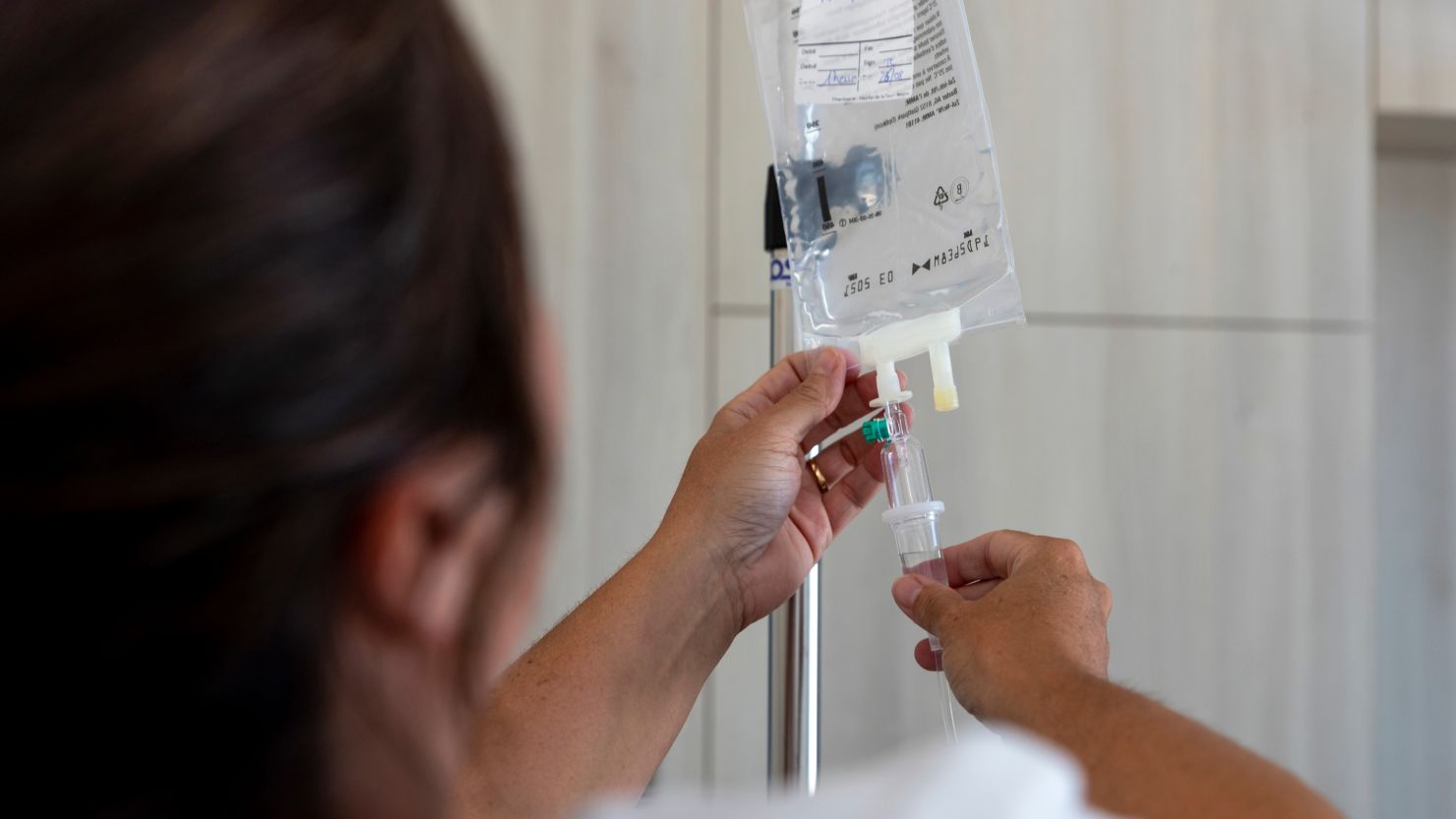In North Carolina, hospitals are grappling with a significant shortage of intravenous (IV) fluids, a situation worsened by Hurricane Helene. The recent approval by the Food and Drug Administration (FDA) to extend the expiration date of several types of IV and sterile fluids produced by Baxter International brings a potential solution to this pressing issue. Previously, these fluids had a one-year expiration date, but the new extension allows them to be used for up to two years from the date of manufacturing, providing much-needed relief to healthcare facilities.
Prior to Hurricane Helene’s landfall, the United States was already experiencing a shortage of certain IV fluid products, as highlighted by the American Medical Association (AMA). The situation escalated dramatically when the hurricane caused significant flooding, leading to the closure of Baxter International’s North Cove facility in Marion, North Carolina. This facility is crucial for the nation’s IV fluid supply, accounting for approximately 60 percent of the market, according to the American Hospital Association. The storm’s impact has left hospitals in a precarious position, struggling to secure essential medical supplies.

Hurricane Helene, categorized as a category four storm, made landfall in Florida on September 26, unleashing heavy rains that affected a wide area, including the North Cove plant. The resulting flooding forced Baxter to halt its operations, compounding the existing fluid shortages that hospitals were already facing. This disruption has underscored the vulnerability of the supply chain for critical medical supplies and raised alarms among healthcare providers about the challenges of maintaining adequate resources during emergencies.
However, there is a positive development on the horizon. Baxter International has announced plans to reopen parts of the North Cove facility within the week. The company is optimistic about restarting its highest-throughput IV solutions manufacturing line, a move that could significantly enhance production capacity. If successful, Baxter anticipates that new batches of IV and sterile fluids will be ready for distribution by mid- to late-November, ahead of their original projections. This progress reflects the urgent efforts of Baxter teams to resume operations swiftly.
Overall, the FDA’s extension of the shelf life for specific IV fluids, coupled with Baxter’s plans for a phased reopening of its facility, signals hope for North Carolina hospitals and healthcare providers facing this shortage. The situation highlights the critical need for resilient supply chains in the healthcare sector, especially in the face of natural disasters. As Baxter works to restore its production capabilities, there is cautious optimism that hospitals will soon regain access to the vital fluids necessary for patient care, alleviating some of the immediate pressures they have been experiencing.
